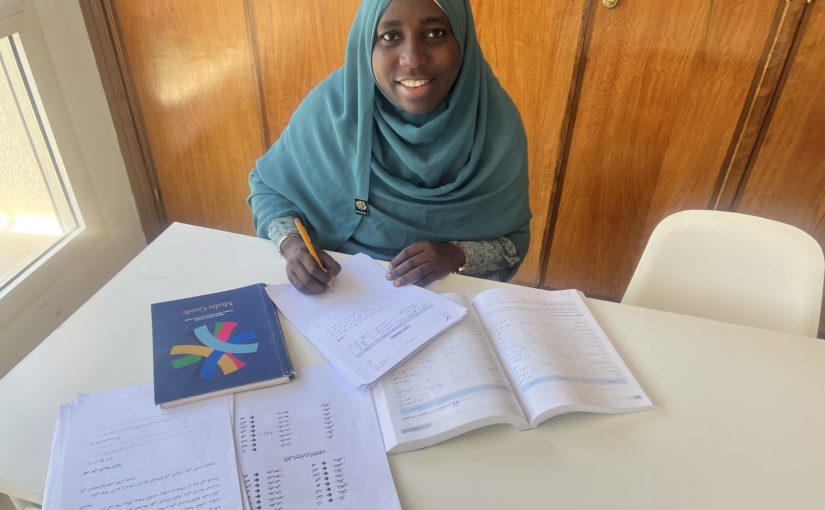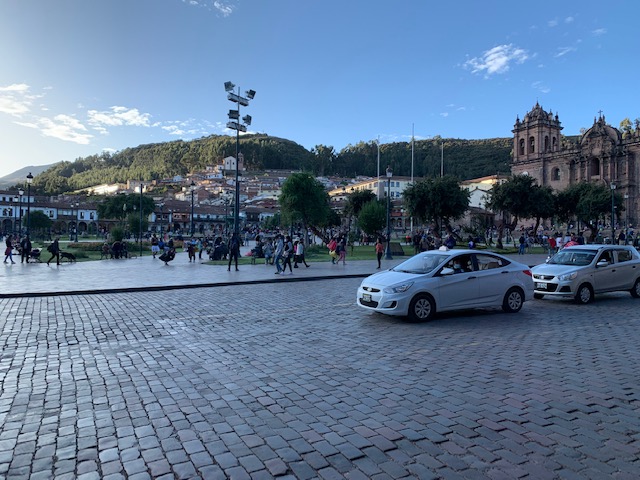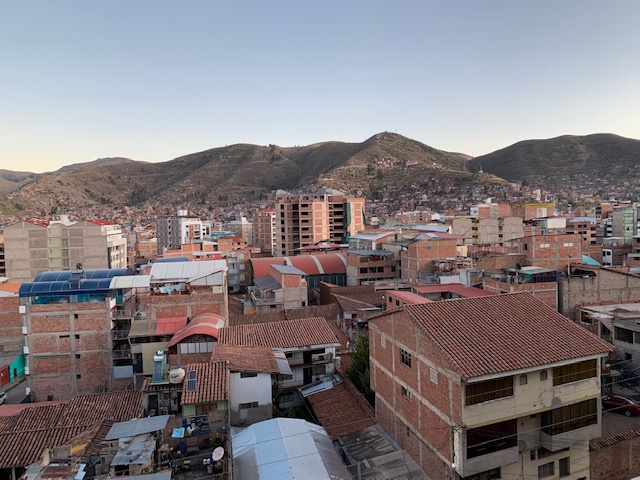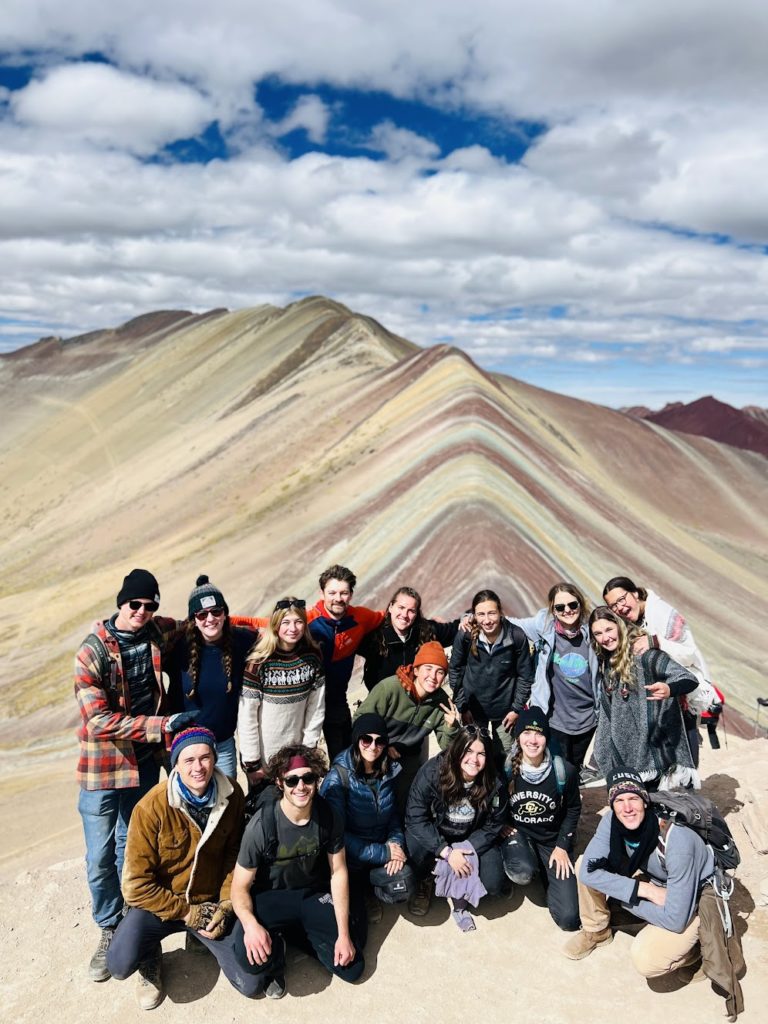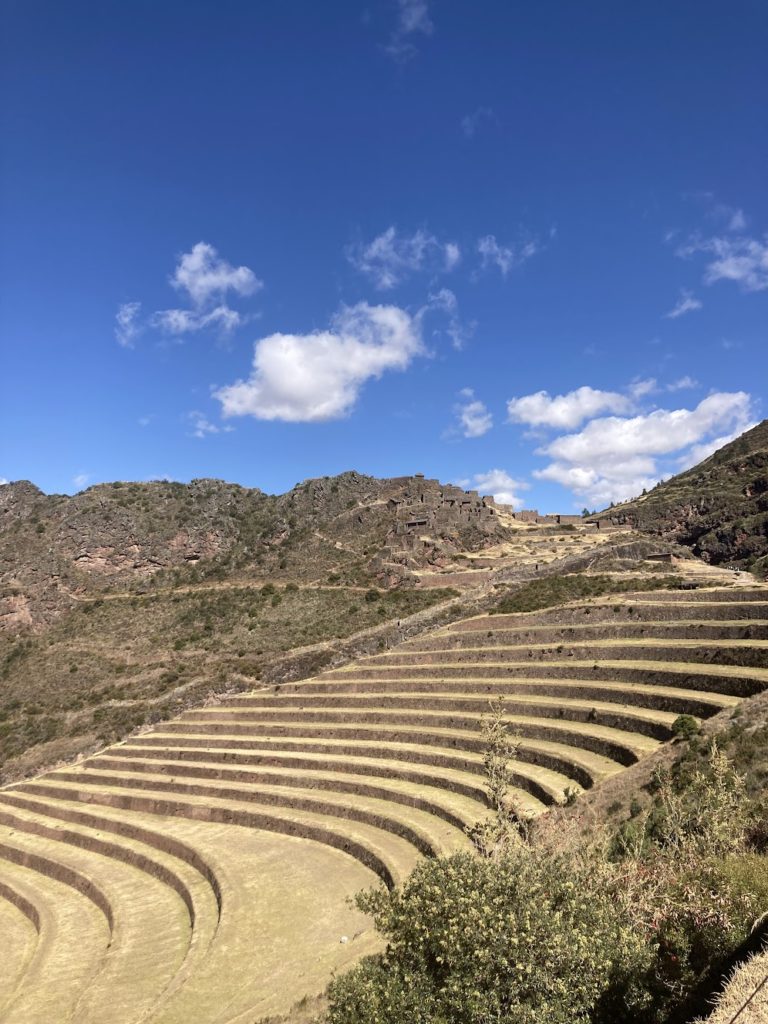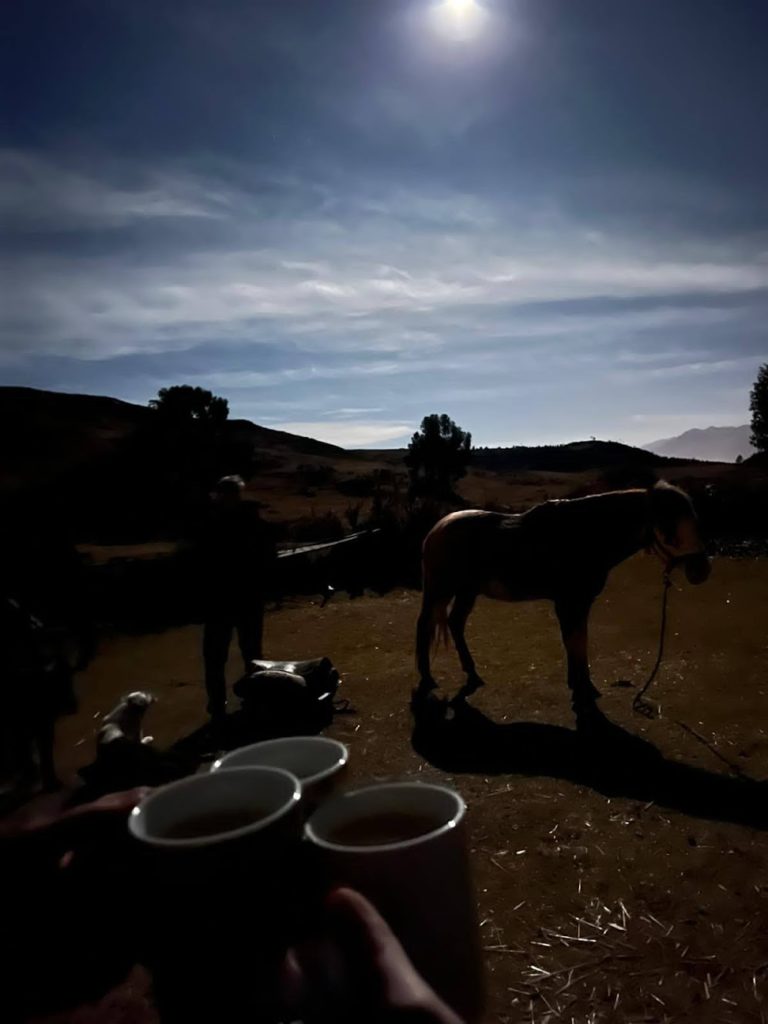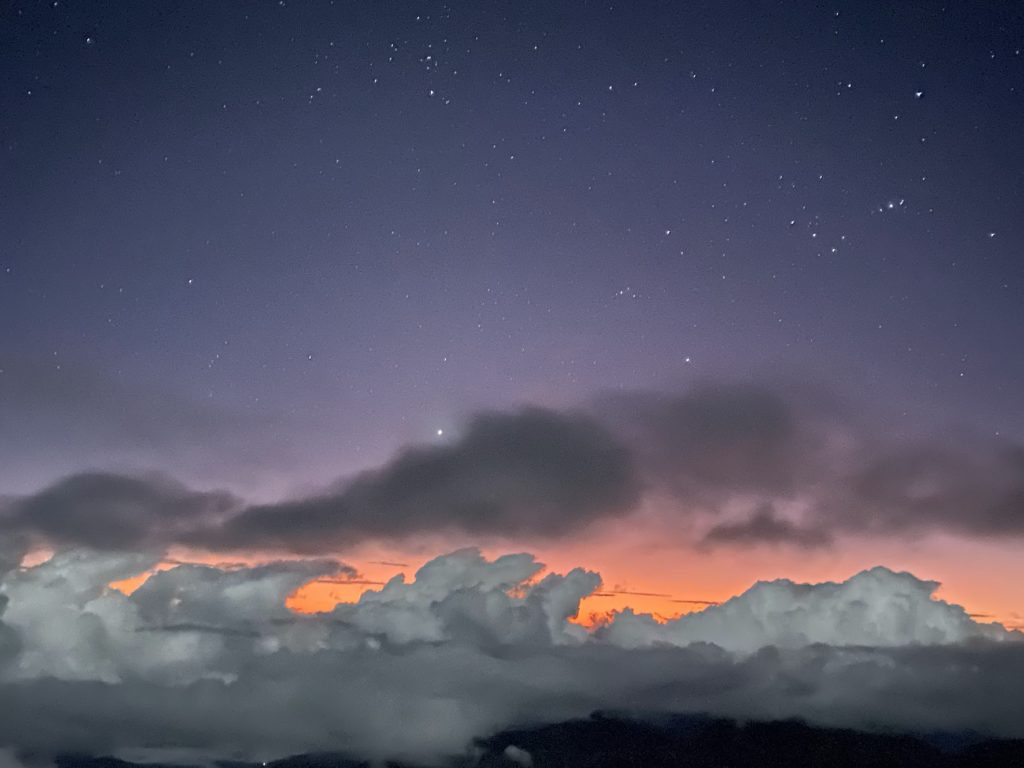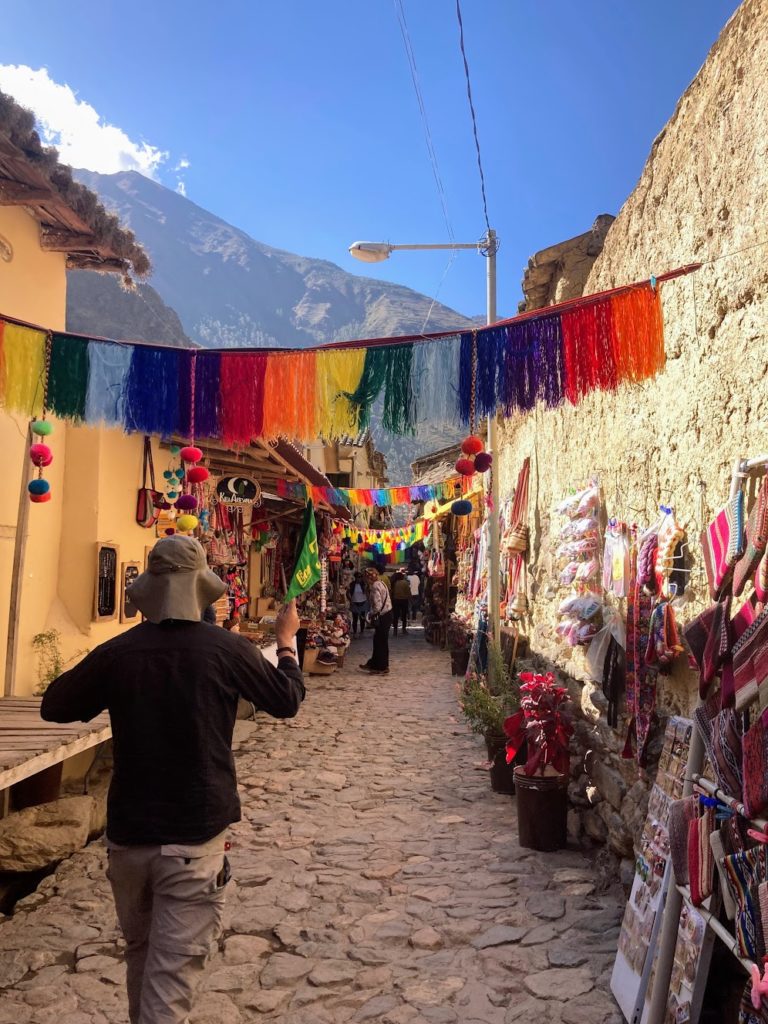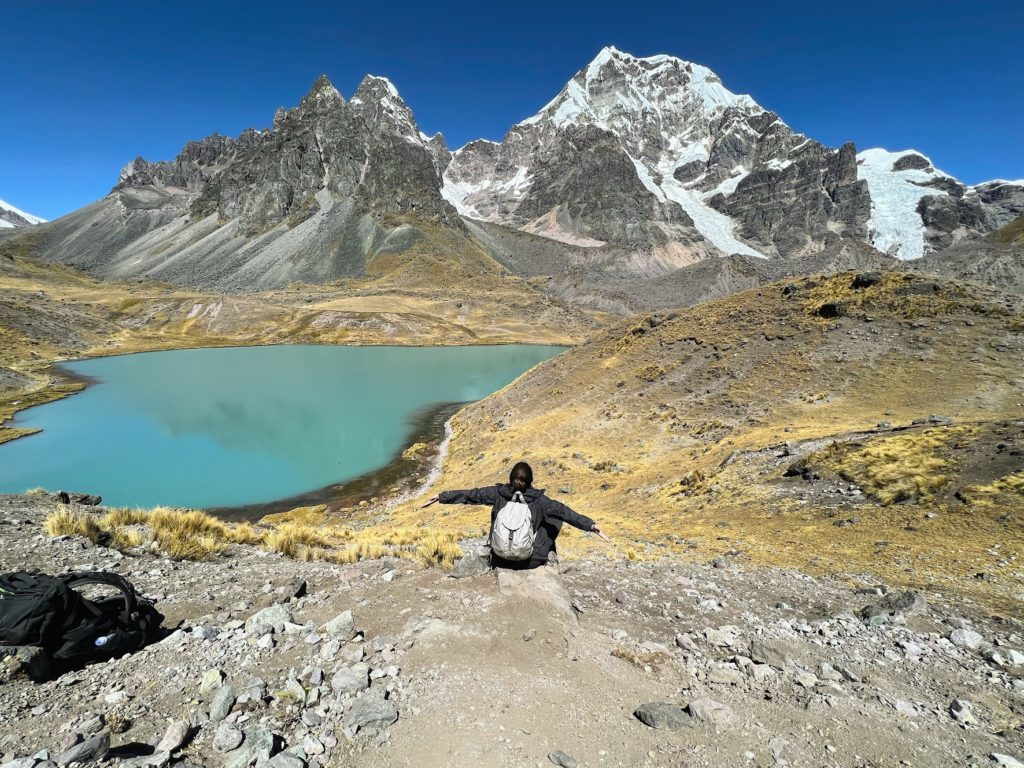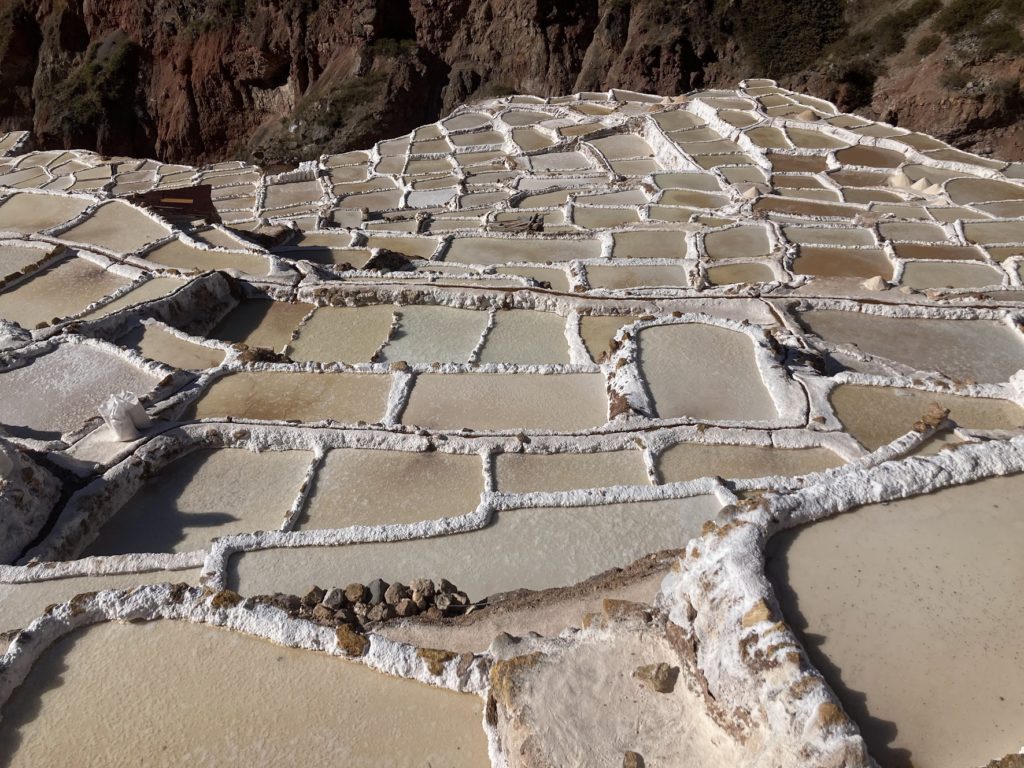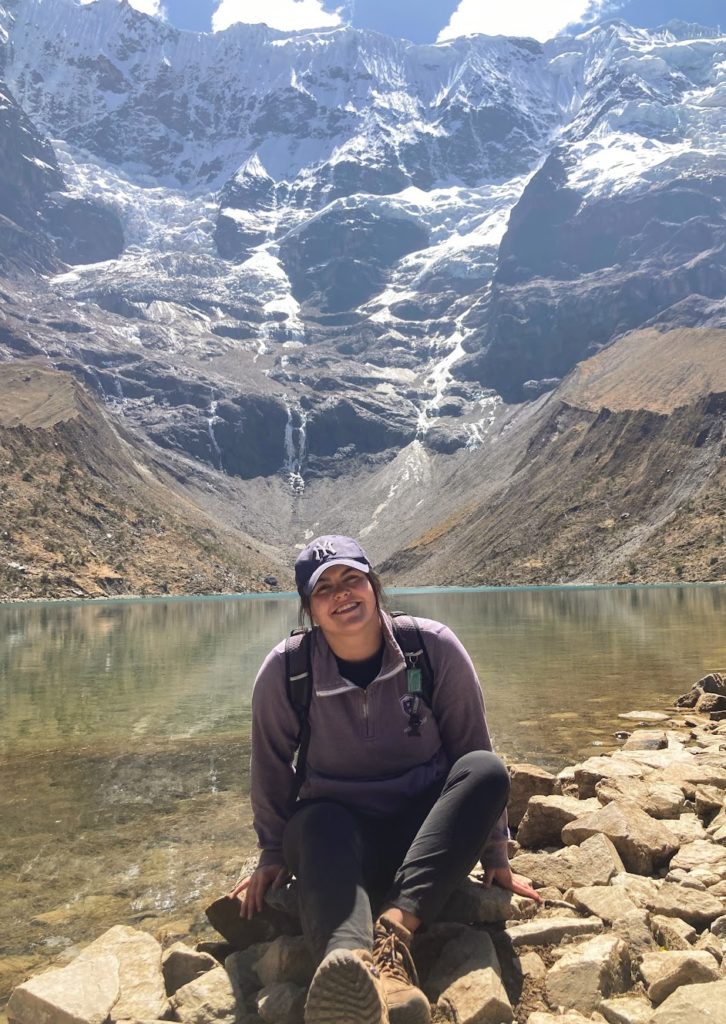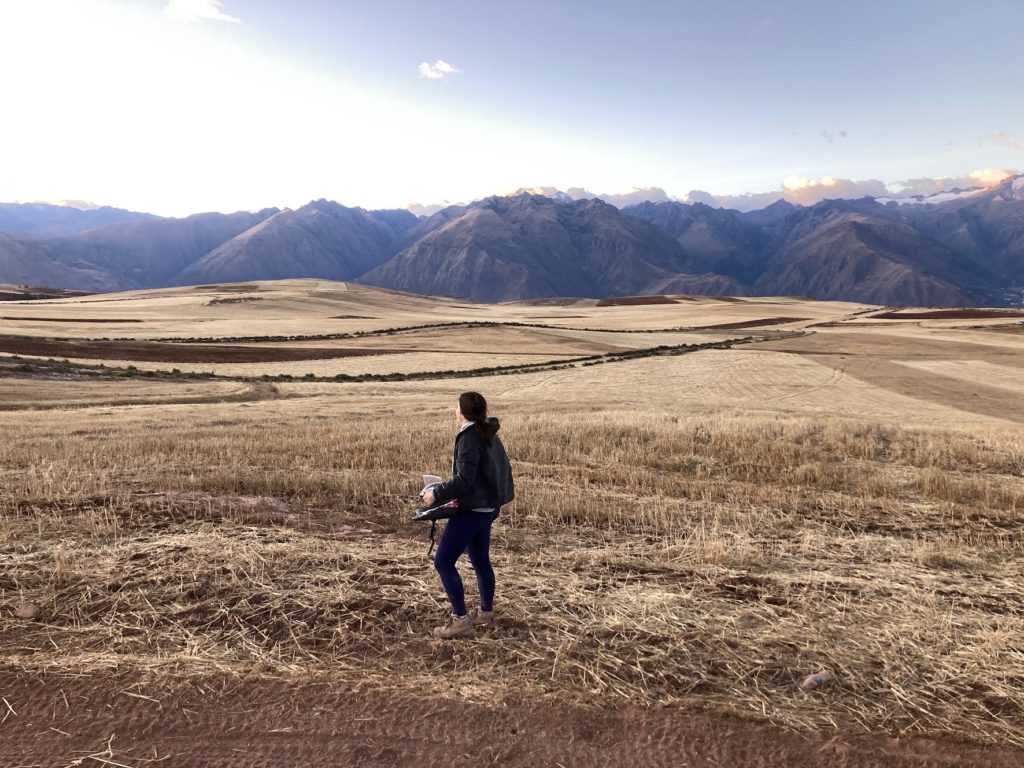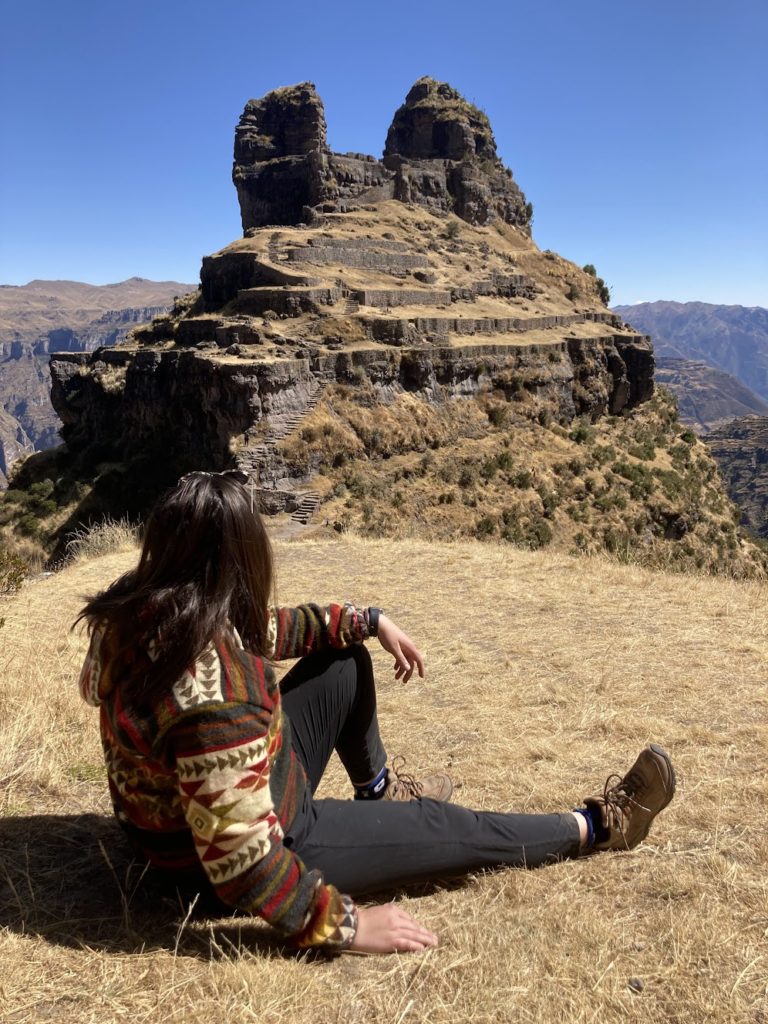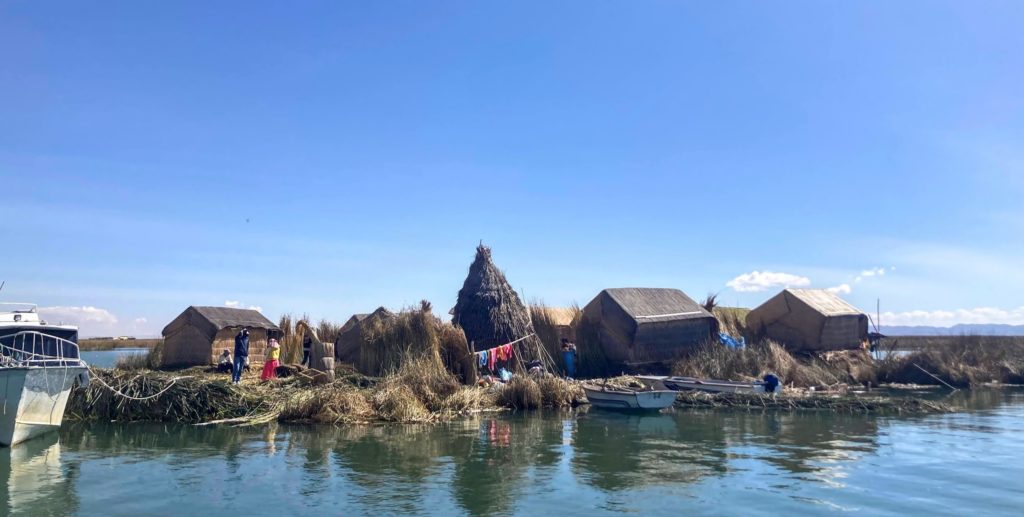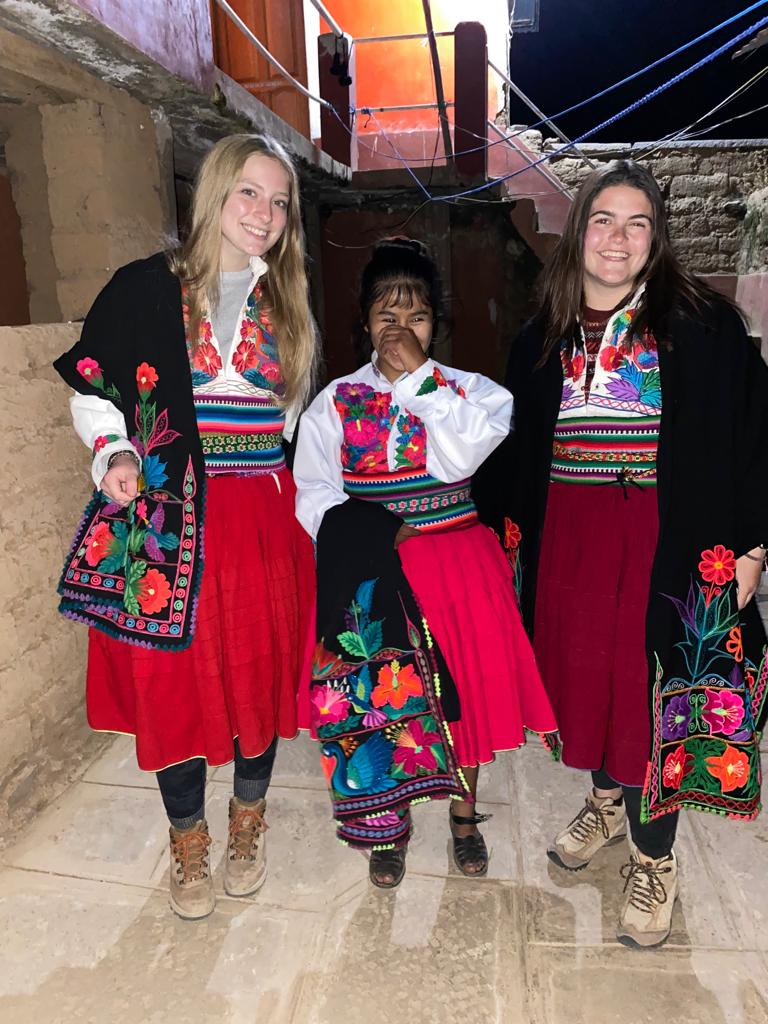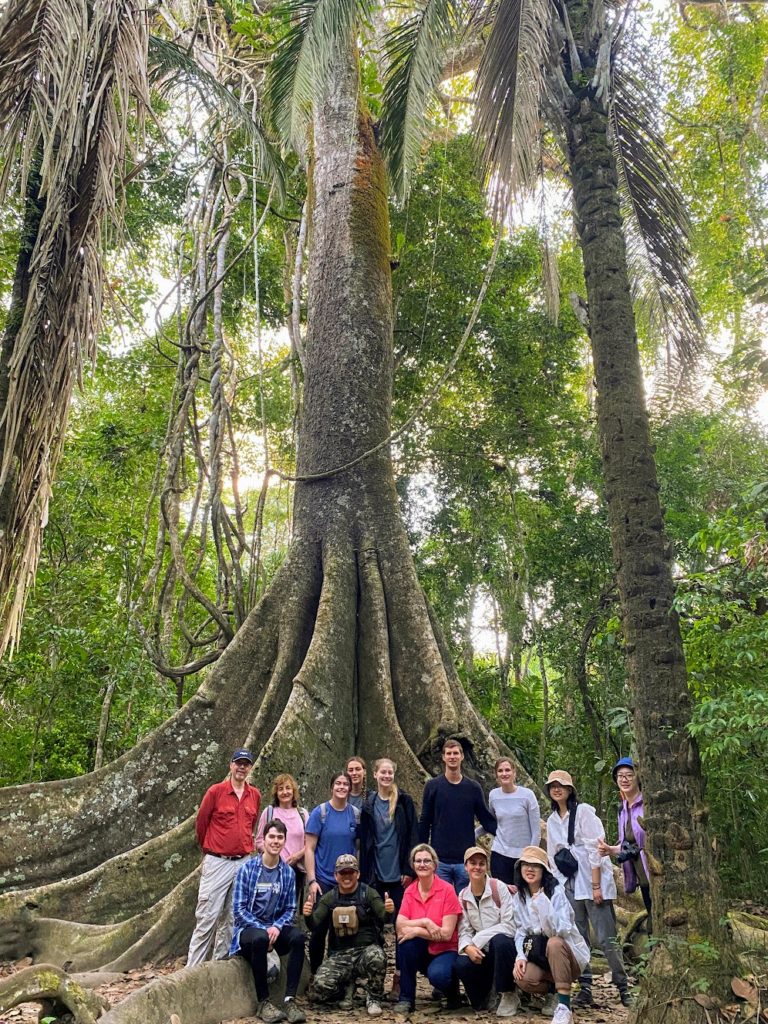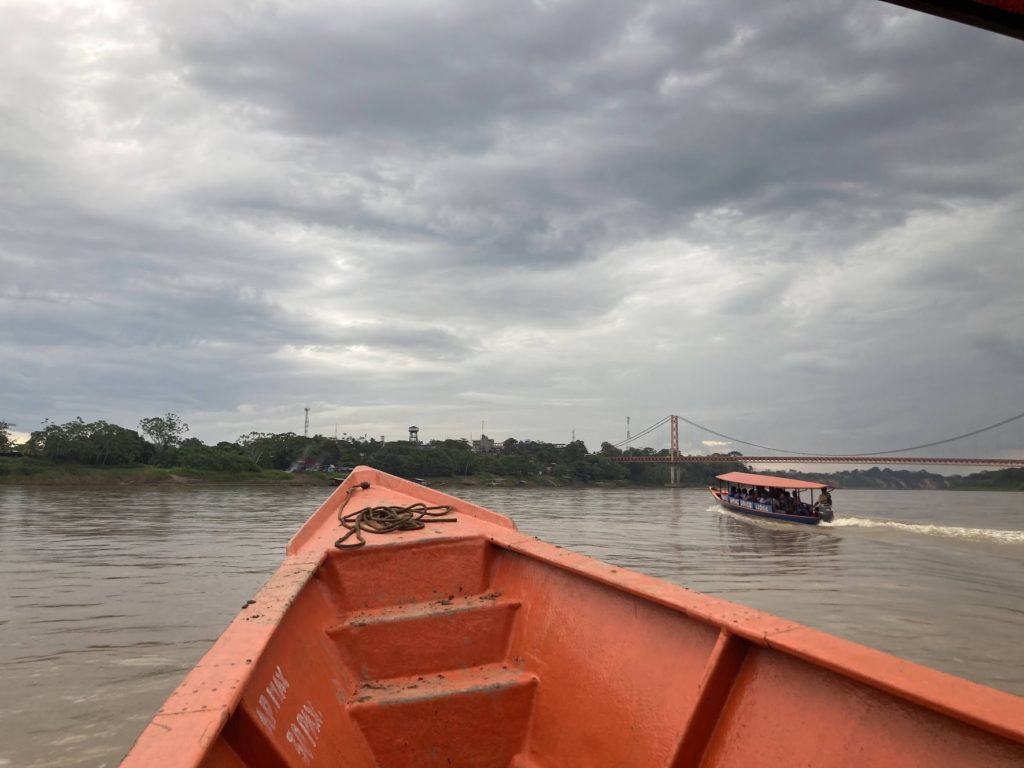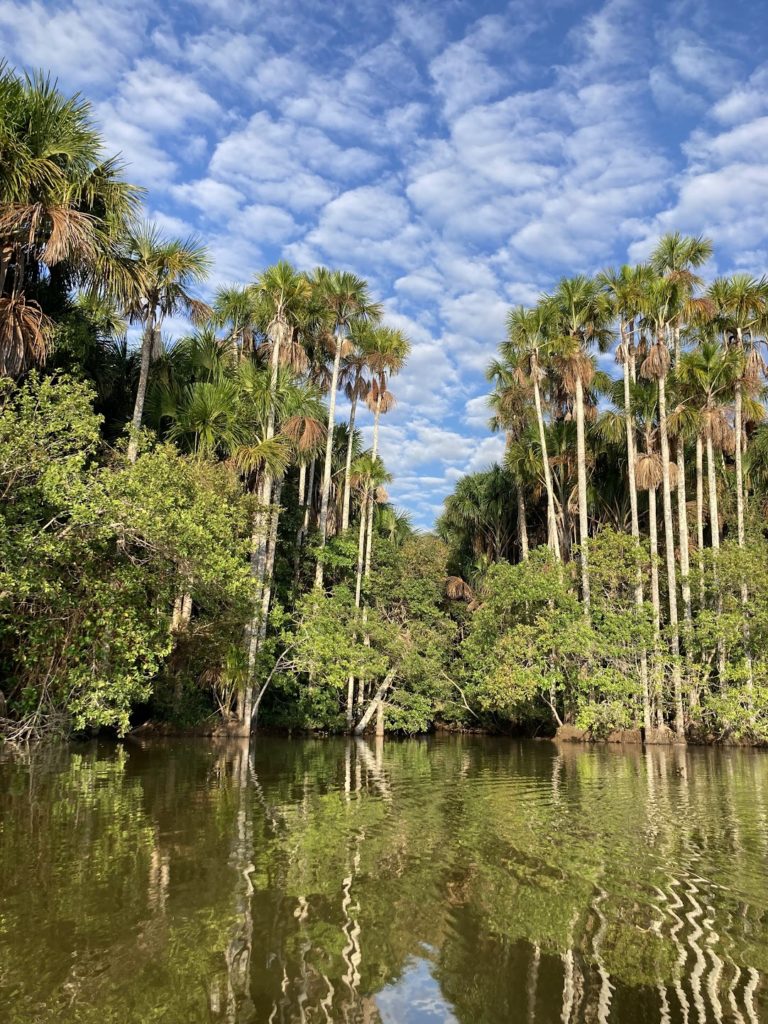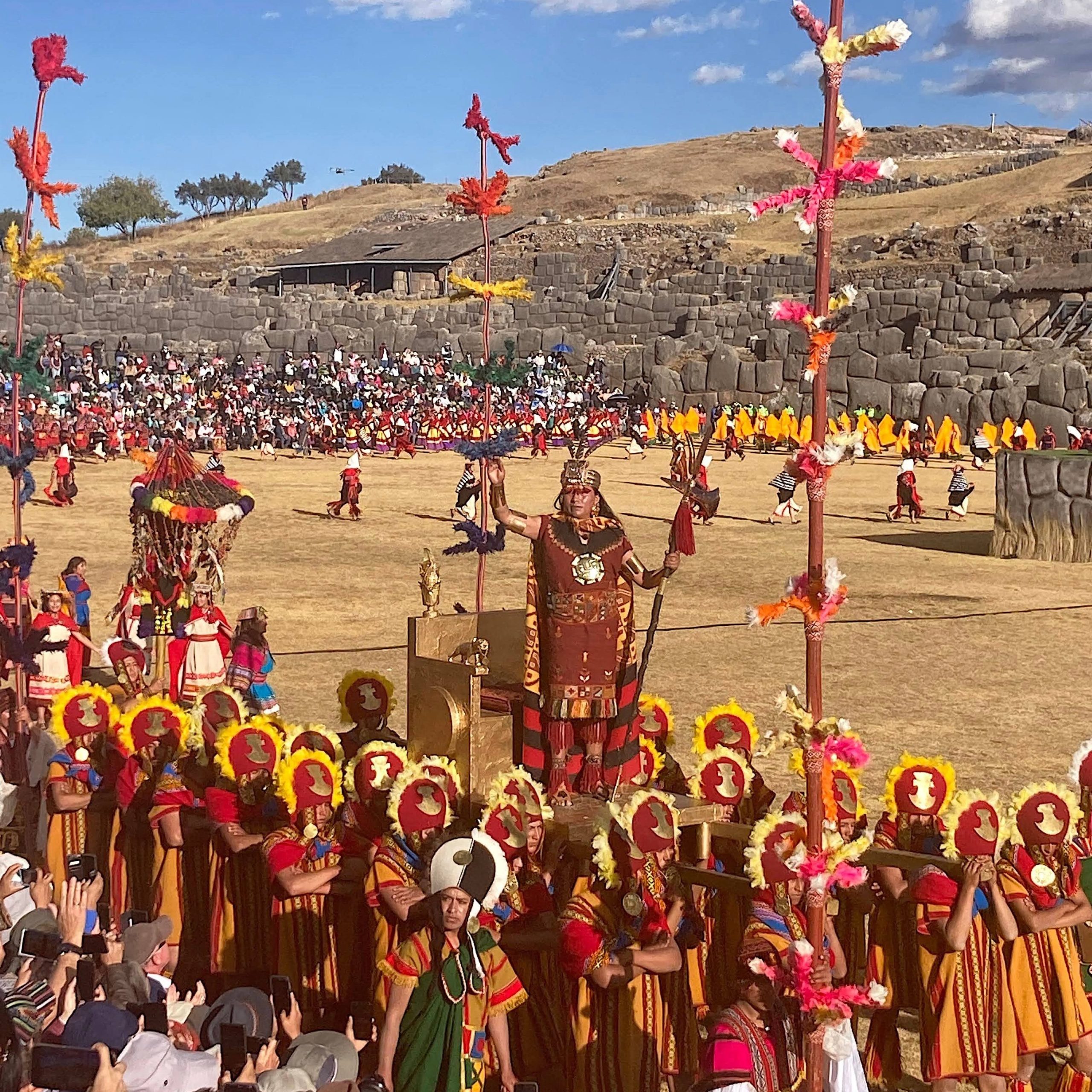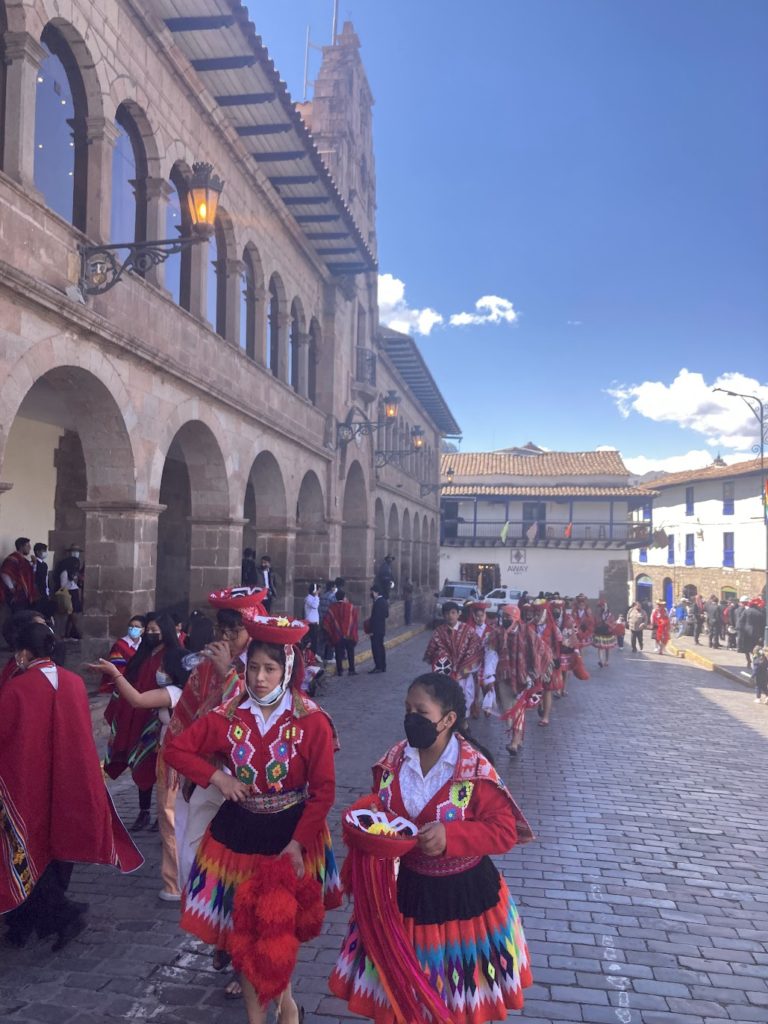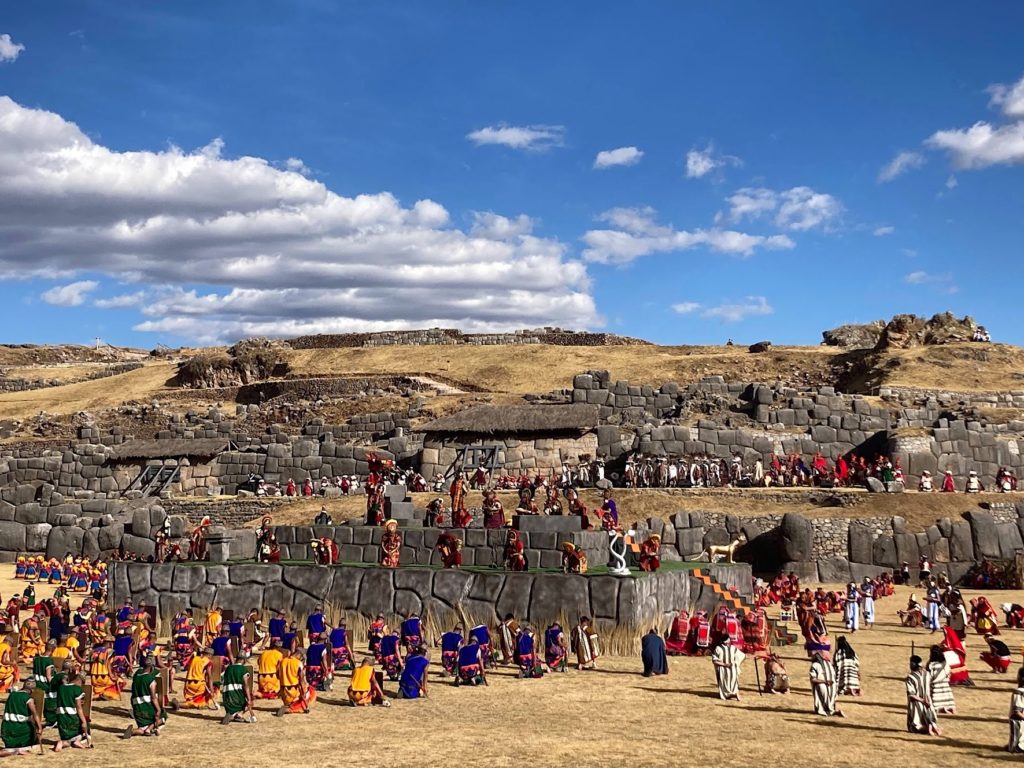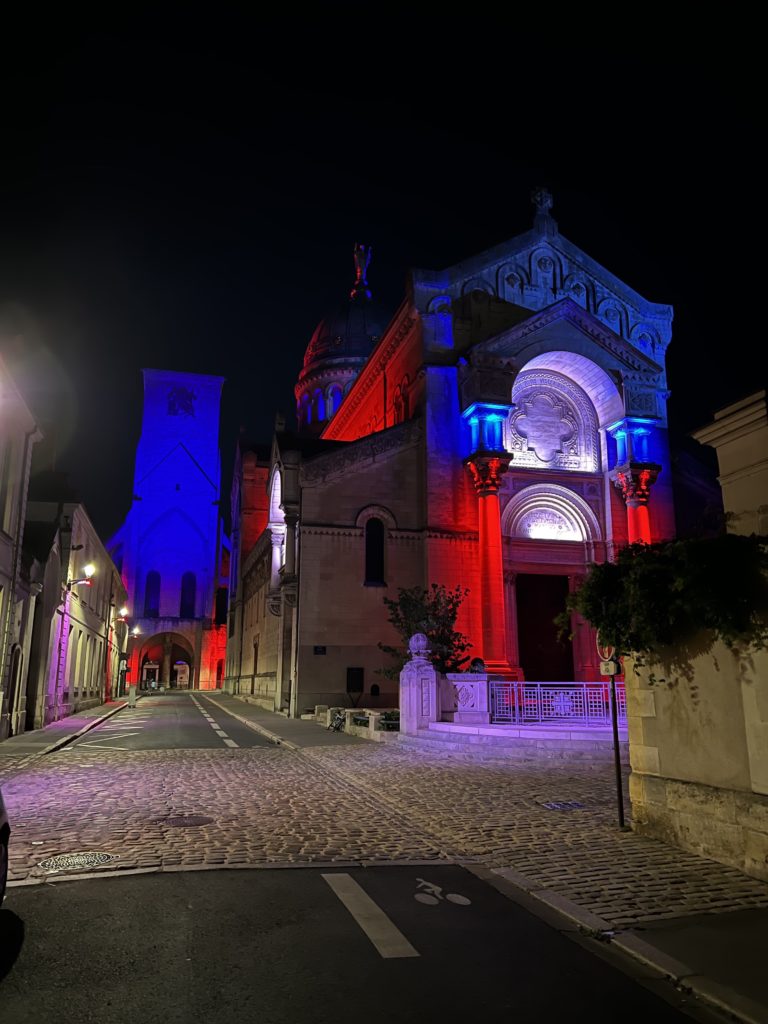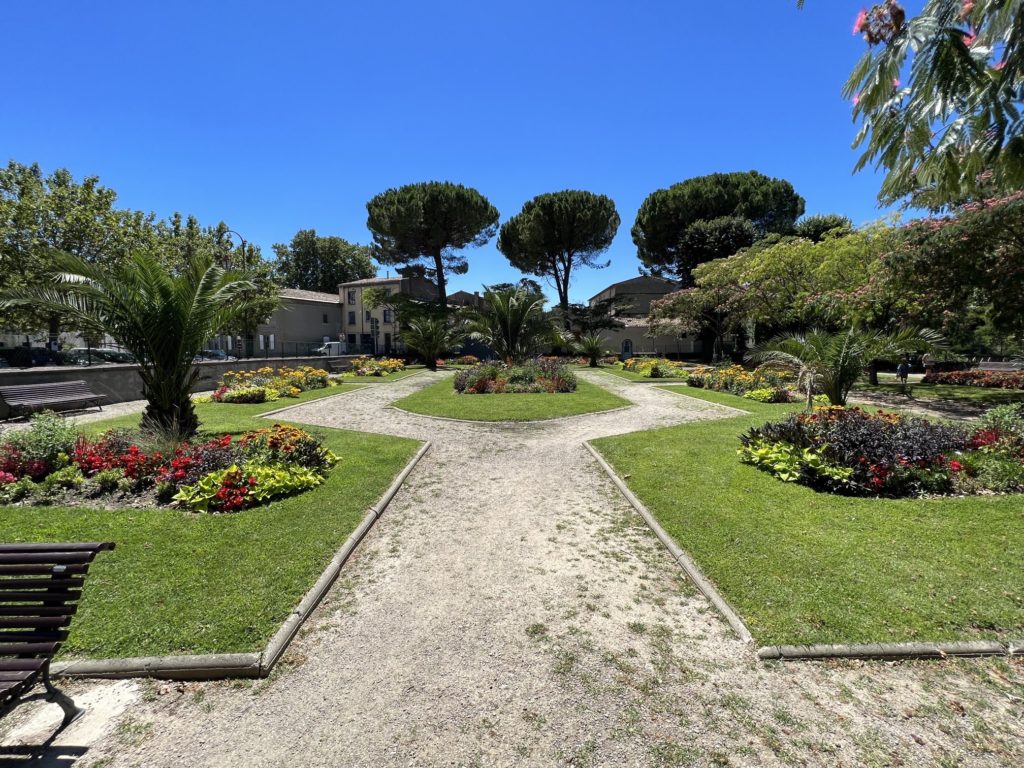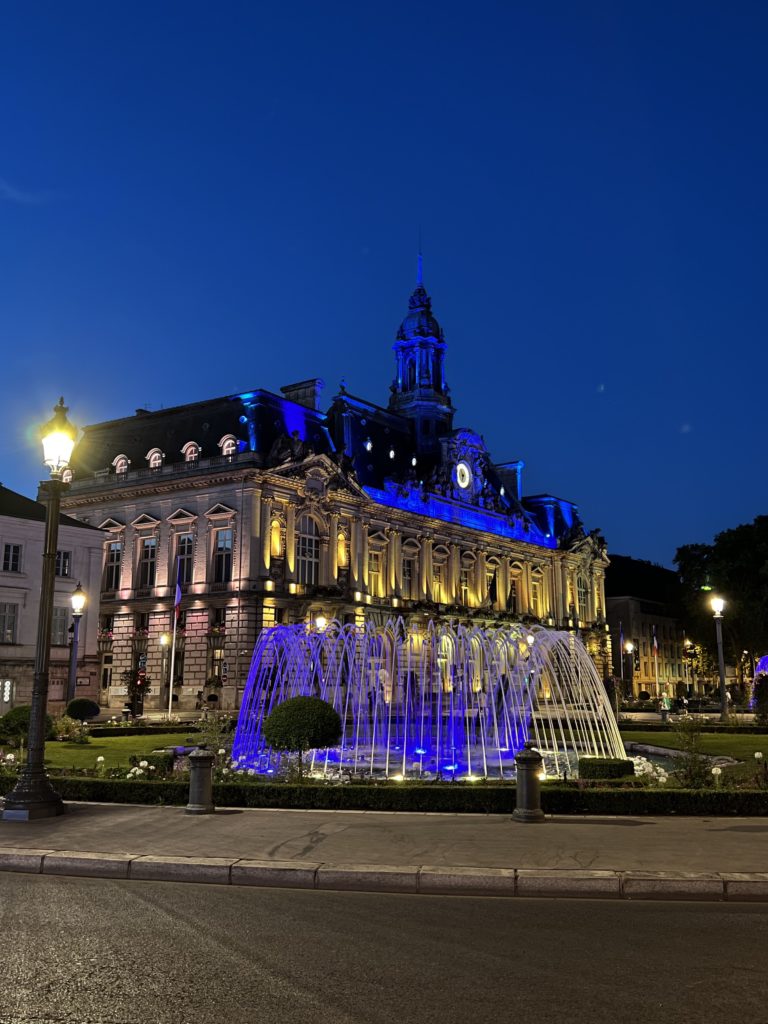Spending the summer in Morocco has been one of the best decisions I made this year. it not only afforded me the opportunity to improve my Arabic language skills, but also helped me to experience North Africa and bask in the experience of identifying similarities and differences between West Africa, where I am from, and North Africa.
I arrived in Morocco with a lot of assumptions I thought it would be no different from home (Nigeria) since it is within the same continent. Alas, I was in for a big surprise as it is a remarkably different country, with different culture, history, language, dressing, and food, but nonetheless beautiful. The experience taught me how we can be so similar, yet different, and I left Morocco with a better understanding of the history, culture, politics, and even food of the North African country. While there, I missed having access to food that I am used to, but surprisingly, shortly after my return, I am already missing the Moroccan chicken tagine (tagine bi dajajah).
Morocco is a popular tourist destination, and it is in fact the most visited country in Africa. I utilized the opportunity of my Summer Language Abroad program to also visit some notable tourist sites in cities like Tangier, Chefcheouan (the blue city), the economic capital of Casablanca as well as the Sahara Desert. Traversing the Sahara desert is indeed an unforgettable experience that I will forever cherish. I do have a camel souvenir to serve as a reminder of that beautiful experience, and I look forward to taking my kids there someday.
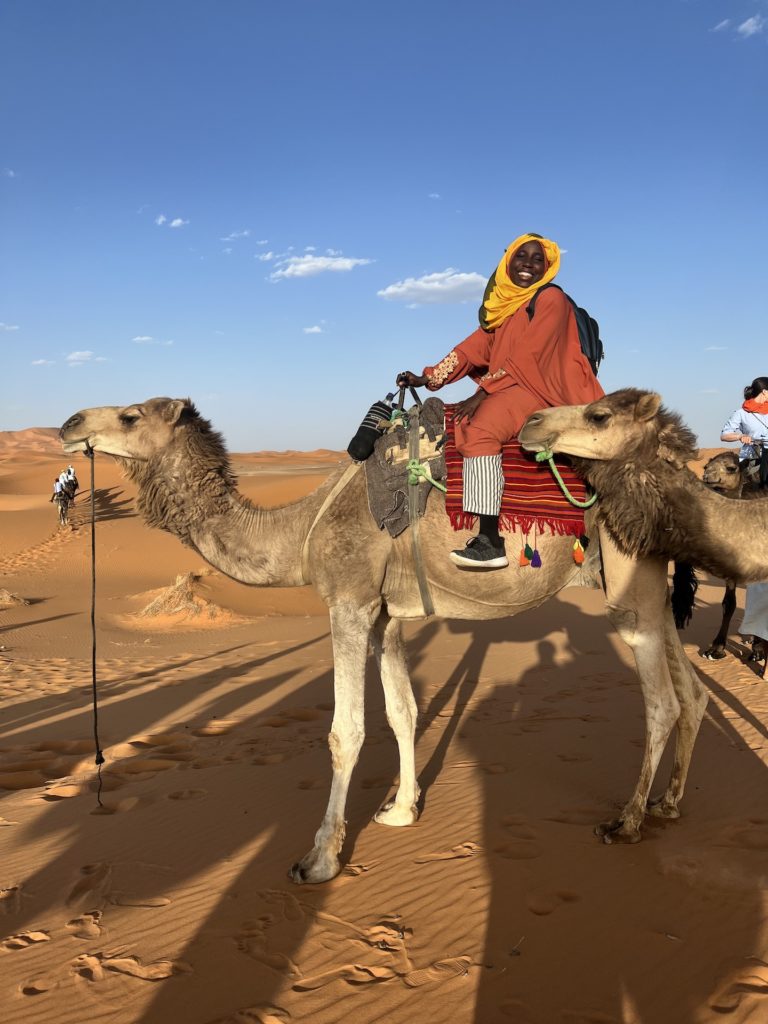
A language immersion program like the SLA gives the opportunity of immersing in a culture and getting to practice the language on a daily basis, thus improving one’s speaking and comprehension skills. As I am obviously black and African, a lot of the locals spoke French to me automatically, which was quite a surprise for me in the beginning. I later understood that because of Morocco’s history with the French, a lot of Moroccans speak French, which makes it a suitable destination for many Africans from Francophone countries. As such, a lot of Black Africans in Morocco are French-speaking, and locals just usually assume that I speak french too, and would therefore try to communicate with me in French. This was however not the same as the experience of my White colleagues from Europe or America. Thus, while I would surely recommend Morocco for white people seeking to learn Arabic, I would rather suggest that Black people seeking to learn Arabic consider other countries in the Middle East in order to achieve better immersion.
For anyone considering applying for the SLA program, I would highly recommend it. While I still have a long way to go in perfecting my Arabic language skills, I do know that I am way better than I used to be. I have also made friends and built connections that I hope would last a lifetime. Thus, for me, it is not goodbye to Morocco, but see you again sometime soon!
Haleemah
